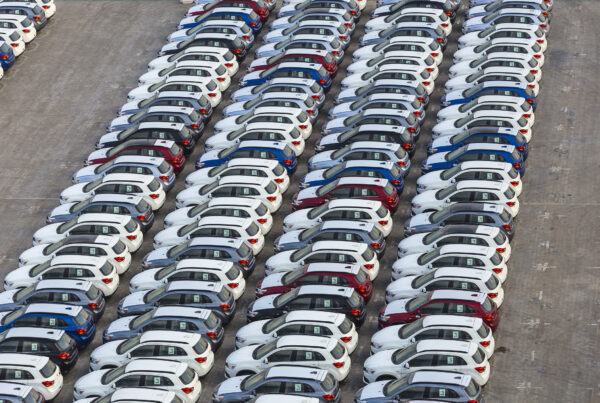The Thai auto market is said to be on its way to recovery, according to industry experts. The kingdom’s car market has been in a steady decline since the pandemic, marking its five-year slump last February. The sector’s fifteen-year low hit in 2024 with local sales reaching only 572,675 units sold.
At the Bangkok International Motor Show last Wednesday, several auto experts claimed that the sector is on its way to a slow recovery. MG Motors Thailand Vice President Pongsak Lertrudeewattanavong said the market has now “bottomed out” and “should gradually improve.”
At its peak in 2012, the kingdom sold around 1.44 million vehicles.
The nation’s continuous decline is due to strict approval requirements for loans as Thailand holds the highest debt per capita in Southeast Asia. The Thai government has made several efforts to boost its weakening auto sector, including guaranteed approvals for pick-up truck loans and incentives for PHEV (plug-in hybrid electric vehicle) manufacturers.
“Total sales will be slightly higher than last year. We are already seeing smaller contractions in the first two months,” said Thee Permpongpnth, CEO of Mazda Thailand.
TARIFFS AND EXPORTS
“The auto industry is turning a corner on the back of economy’s performance with indicators like strong exports,” said EVAT (Electric Vehicle Association of Thailand) VP Siamnat Panassom to Reuters.
Last March, Thailand’s exports increased by 14 per cent, sparking hopes for the auto sector to improve as well. The country’s commerce minister Pichai Naripthaphan is optimistic in upcoming negotiations with the United States regarding its imposed global tariffs. “I believe the outcome of the negotiations will likely be good and have a high chance of success,” he said.
Thailand is facing a 36 per cent tariff from the US, its biggest export market. This rate among the highest imposed by the US in Southeast Asia with Thailand’s deficit at USD 54.96 billion (AUD 85 billion). Finance Minister Pichai Chunhavajira travelled to Washington last 23 April to negotiate for lower rates.
Was this article informative? Leave us a like to let us know!


















